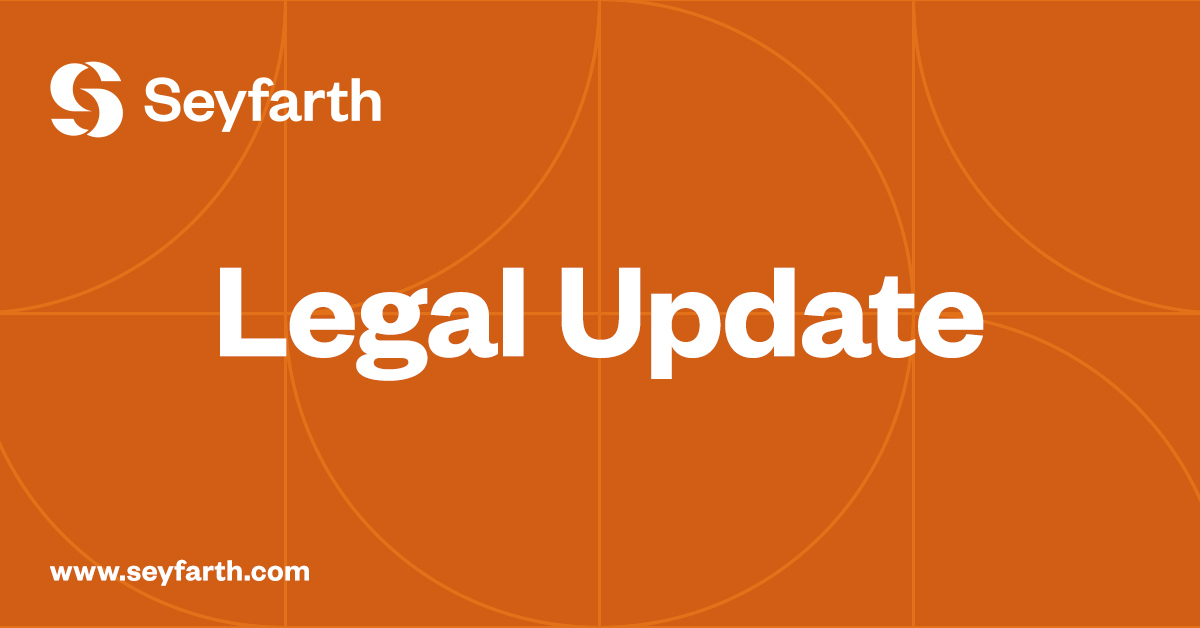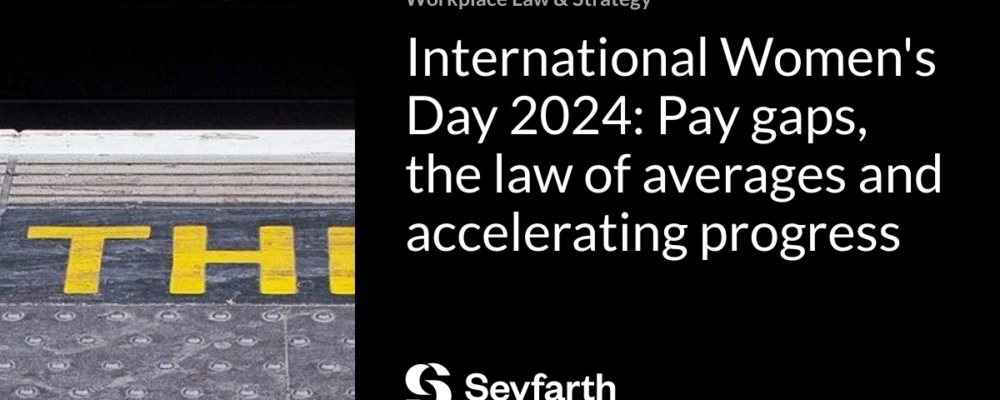What You Need to Know:
- Governor Newsom recently signed new laws – SB 1105 and AB 2499 – which extend and clarify employees’ available reasons for use of California paid sick leave (PSL).
- The changes go into effect on January 1, 2025.
- As we previously detailed, at the end of California’s 2023 legislative session, the legislature significantly expanded the state’s Healthy Workplaces, Healthy Families Act of 2014 (HWHFA), primarily by providing more leave. Those amendments went into effect on January 1, 2024. This year, Governor Newsom signed bills into law that expand paid sick leave protections.
As noted above, SB 1105 and AB 2499 collectively expand multiple aspects of the covered reasons for use under the HWHFA.[1] Here are the highlights.
Victim Status Extended And PSL Used As Safe Time
Under the existing HWHFA, eligible employees can use their available PSL for, among other reasons, certain “safe time” absences where there is domestic violence, sexual assault, and stalking. As of January 1, 2025, California PSL will now be available to victims of “qualifying acts of violence,” i.e., conduct, or patterns of conduct that justify safe time, including when:
- an individual causes bodily injury or death to another individual;
- an individual exhibits, draws, brandishes, or uses a firearm, or other dangerous weapon, with respect to another individual; and
- an individual uses, or makes a reasonably perceived or actual threat to use, force against another individual to cause physical injury or death.
PSL Available If A Family Member Is A Victim
The HWHFA previously limited use of PSL for safe time to when an employee was a victim. The combination of SB 1105 and AB 2499 extends this category of leave to employees whose family members are victims as well. (And, as a reminder, as of January 1, 2023 the HWHFA’s definition of “family member” was expanded to include a “designated person” of the employee.)
More Reasons To Use PSL
Previously, an employee-victim could only use California PSL for their own reasons (not to assist a family member) in a handful of specific categories. AB 2499 extends existing rights and creates new explicit rights to take time for various types of relief in connection with qualifying acts of violence. The complete list of new and modified potential relief is as follows:
- A temporary restraining order, restraining order, or other injunctive relief, to help ensure the health, safety, or welfare of the victim or a family member of the victim.
- To seek, obtain, or assist a family member to seek or obtain, medical attention for or to recover from injuries caused by a qualifying act of violence.
- To seek, obtain, or assist a family member to seek or obtain services from a domestic violence shelter, program, rape crisis center, or victim services organization or agency as a result of a qualifying act of violence.
- To seek, obtain, or assist a family member to seek or obtain psychological counseling or mental health services related to a qualifying act of violence.
- To participate in safety planning or take other actions to increase safety from future qualifying acts of violence.
- To relocate or engage in the process of securing a new residence due to the qualifying act of violence, including securing temporary or permanent housing or enrolling children in a new school or childcare.
- To provide care to a family member who is recovering from injuries caused by a qualifying act of violence.
- To seek, obtain, or assist a family member to seek or obtain civil or criminal legal services in relation to the qualifying act of violence.
- To prepare for, participate in, or attend any civil, administrative, or criminal legal proceeding related to the qualifying act of violence.
- To seek, obtain, or provide childcare or care to a care-dependent adult if the childcare or care is necessary to ensure the safety of the child or dependent adult as a result of the qualifying act of violence.
Preventative Care for Outdoor Workers
In the last few years, California employment laws have zeroed in on extreme conditions. For example, Cal/OSHA implemented heat illness standards, and employees cannot be retaliated against for refusing to report to work in emergency conditions. In this vein, SB 1105 provides that agricultural employees who work outside may use PSL to avoid smoke, heat, or flooding conditions created by a local or state emergency, including when a worksite is closed due to these conditions. The legislature considered this a clarification of the HWHFA’s provision that PSL can be used for preventive care even though the current FAQs do not contemplate this definition. We expect California to update its FAQs to address this and the changes addressed in AB 2499 before the end of the year.
Next Steps
As AB 2499 and SB 1105 go into effect in less than three months, here are some next steps for employers to consider:
- Review existing leave policies and practices to ensure compliance with the new laws, including related attendance, conduct, anti-retaliation, and discipline policies and practices.
- Train supervisory and managerial employees, and HR on the new requirements.
- Develop a form to comply with the notice requirements to use in advance of the CRD’s development of a form.
With the paid leave landscape continuing to expand and grow in complexity, companies should reach out to their favorite Seyfarth attorney for solutions and recommendations on addressing compliance with nationwide paid leave requirements. To stay up-to-date on paid leave developments in California and beyond, click here to sign up for Seyfarth’s Paid Sick Leave mailing list. Companies interested in Seyfarth’s paid sick leave laws survey should reach out to paidleave@seyfarth.com.
[1] For information on additional changes included in AB 2499, please visit our CalPeculiarities blog.
“With approximately 900 lawyers across 17 offices, Seyfarth Shaw LLP provides advisory, litigation, and transactional legal services to clients worldwide.”
Please visit the firm link to site






